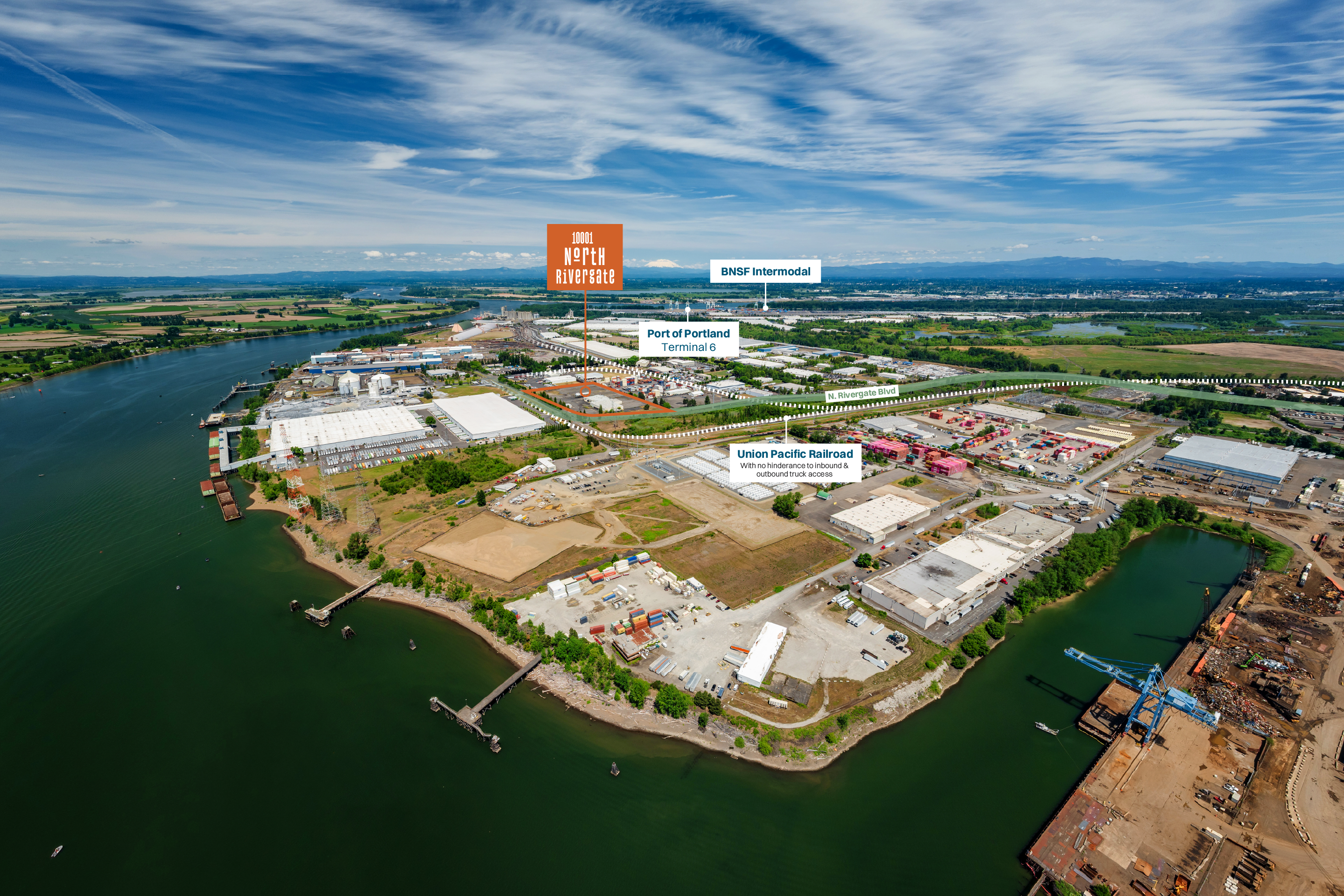From crisis to catalyst: MENA plays a decisive role in powering the global sustainability agenda
Insights by Alida Saleh, Head of Sustainability Consulting MEA, JLL
With extreme weather conditions becoming the new norm worldwide, and the consequences of record-breaking heat waves, prolonged droughts, devastating floods, and rising sea levels being felt across the globe, the need to fast-track climate resilience strategies has never been more pronounced than now. July 2023 having been confirmed as the hottest month ever on record, is a stark reminder that the future might bring in even more severe ramifications if sustainability is not prioritised today to tackle both near- and long-term environmental challenges and impacts.
The MENA region's alarming rate of warming, nearly twice that of the global average, signals the gravity of its climate vulnerability. Yet, the global energy transition momentum here has gathered a significant pace with more countries accelerating the shift to a low-carbon future by placing sustainability firmly at the forefront of their respective national development plans. Notably, five of the six Gulf Cooperation Council nations, for instance, have laid out robust decarbonisation plans and committed to a net-zero emissions pathway.
Through widespread deployment and use of clean energy solutions, investments in green infrastructure and renewable energy ventures, as well as scaling of low-carbon technologies amongst others, the UAE aims to achieve the goals outlined in its Net Zero by 2050 initiative. Oman has also set a formidable objective of achieving net-zero emissions by mid-century while Kuwait, Saudi Arabia, and Bahrain are taking concerted steps to become carbon neutral and reach their ambitious emissions targets by 2060.
These climate pledges by governments have created the right environment for businesses to get on board the wider sustainability bandwagon and build new sectors as well as engines of growth to ensure long-term regional development and prosperity. The urgency of decarbonisation is deeply felt particularly in the real estate industry where the mounting evidence of a changing climate amidst increasing urbanisation has galvanised action to future-proof portfolios and drive progress. Buildings are currently responsible for 39% of global energy-related carbon emissions, creating new opportunities for real estate players to make systemic changes to lead the sector towards a net zero future.
Looking for more insights? Never miss an update.
The latest news, insights and opportunities from global commercial real estate markets straight to your inbox.
Several conglomerates in the region such as the UAE’s Majid Al Futtaim (MAF), which has met 93% of company-wide sustainability targets in 2022, and Aldar, which aims for a 90% reduction in scope 1 and 2 emissions under its Net Zero goals, have clearly defined roadmaps for climate action. Given the MENA region’s unique set of sustainability challenges, more firms in the private sector must join the expedition to work towards closing gaps and catalysing climate adaptation initiatives by committing to transparent and consistent disclosures on the performance of environmental, social, and governance (ESG) indicators.
The crucial role of the region’s oil and gas producers in meeting global energy demand and supply cannot be overlooked either, making it inevitable that any solution to climate change must run through the Middle East. Several national oil companies such as Saudi Arabia’s Aramco and the UAE’s Adnoc, for example, have demonstrated their leadership in steering sustainability action in the region through their comprehensive investments in clean energy solutions. These entities are developing and promoting emerging low-carbon technologies like green hydrogen and carbon-capture and utilisation systems, to accelerate affordable and secure decarbonisation.
Investment Opportunities
These committed and strategic actions are propelling the region to a new era of sustainable renaissance by addressing its complex climate and environmental concerns. Yet, challenges remain. The shift towards sustainable green growth requires a policy-led approach. Governments must engage with all stakeholders along the value chain, provide the right incentives, and ensure they remain on track with appropriate policy interventions.
Developing standard and transparent reporting mechanisms is critical as the lack of available data to benchmark and evaluate sustainable performance continues to remain a barrier to achieving a more equitable and just transition in the region. The GCC, in particular, must also seize the USD 2 trillion opportunity in green finance to unlock the potential of green investments to catalyse growth and steer the region toward a low-carbon and resilient future.
Contactar Alida Saleh
Head of Sustainability Consulting MEA, JLLWhat’s your investment ambition?
Uncover opportunities and capital sources all over the world and discover how we can help you achieve your investment goals.




